
News


Eric Ries, chairman of the Long-Term Stock Exchange, spoke to the Wall Street Journal on what it takes to foster socially responsible investing.
Eric Ries, chairman of the Long-Term Stock Exchange, spoke to the Wall Street Journal on what it takes to foster socially responsible investing.
Wall Street Journal
Wall Street Journal


'Lean Startup' guru Eric Ries just launched a new stock exchange that values companies based on principles like employee wellbeing, diversity, and inclusion. Take a look at how it works.
'Lean Startup' guru Eric Ries just launched a new stock exchange that values companies based on principles like employee wellbeing, diversity, and inclusion. Take a look at how it works.
Marguerite Ward, Insider
Marguerite Ward, Insider


People laughed at startup guru Eric Ries' idea to reinvent Wall Street, so he started a new stock exchange to prove them wrong
People laughed at startup guru Eric Ries' idea to reinvent Wall Street, so he started a new stock exchange to prove them wrong
Becky Peterson, Business Insider
Becky Peterson, Business Insider


Silicon Valley Vs. Wall Street: Can the New Long-Term Stock Exchange Disrupt Capitalism?
Silicon Valley Vs. Wall Street: Can the New Long-Term Stock Exchange Disrupt Capitalism?
Alexander Osipovich and Dennis K. Berman, The Wall Street Journal
Alexander Osipovich and Dennis K. Berman, The Wall Street Journal





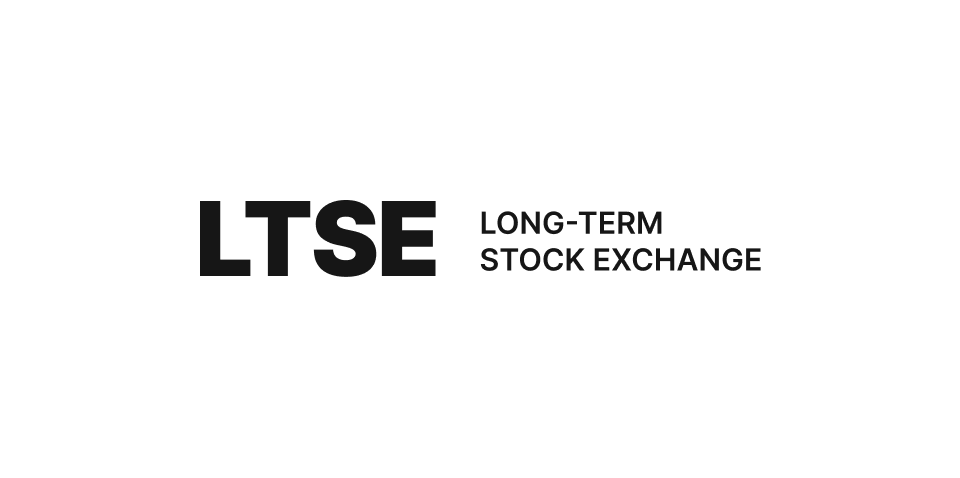





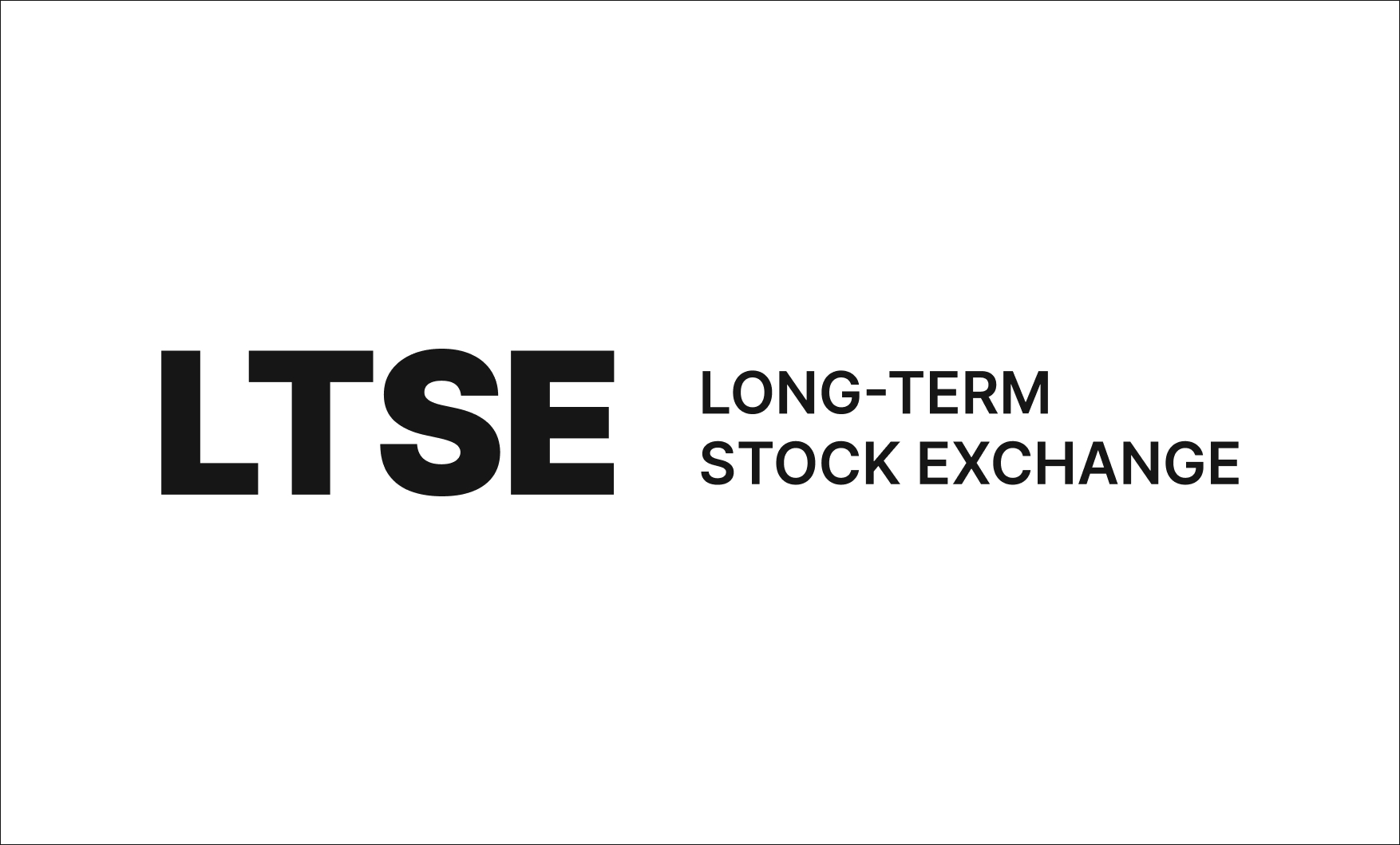
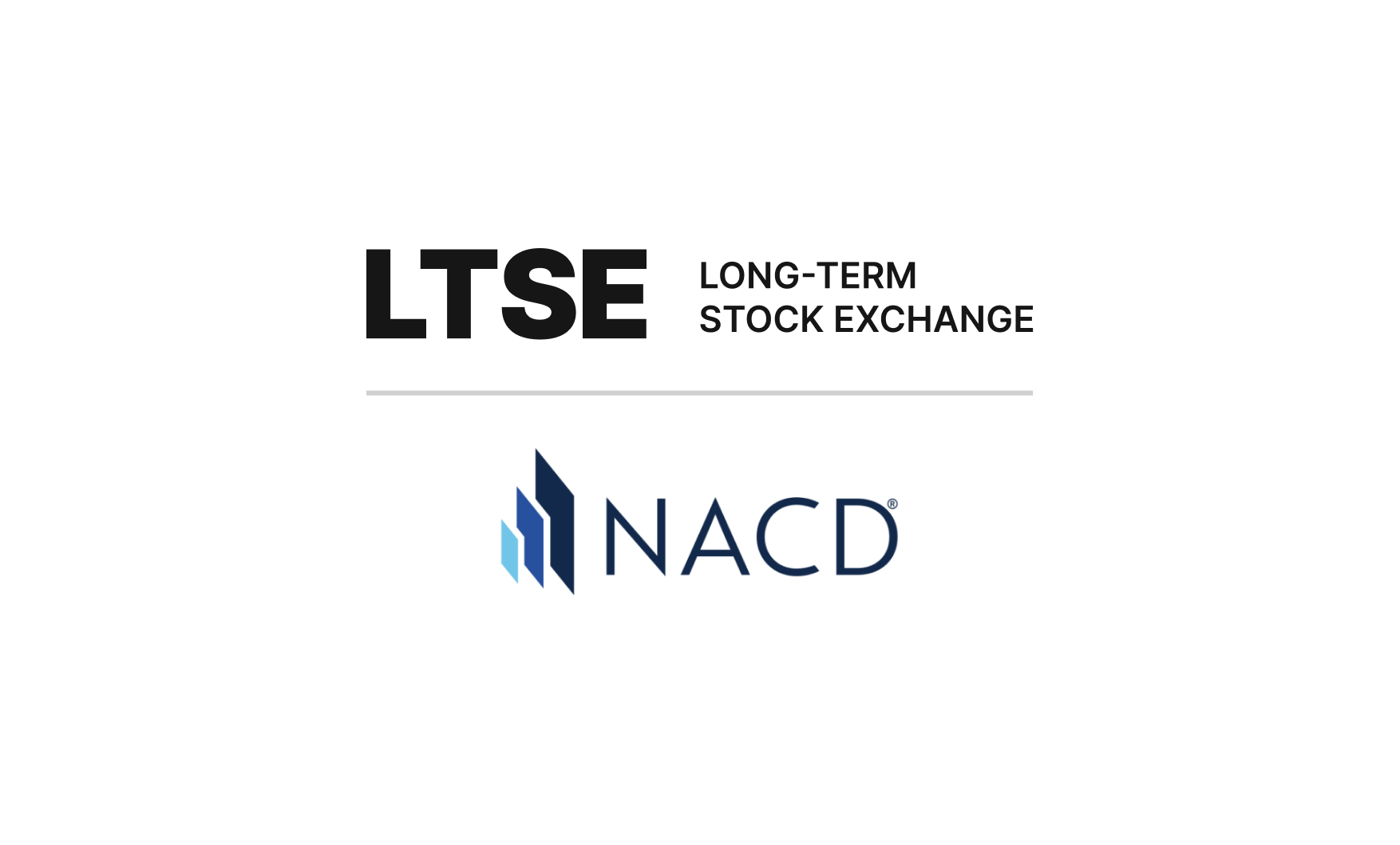
.png)

































.svg)



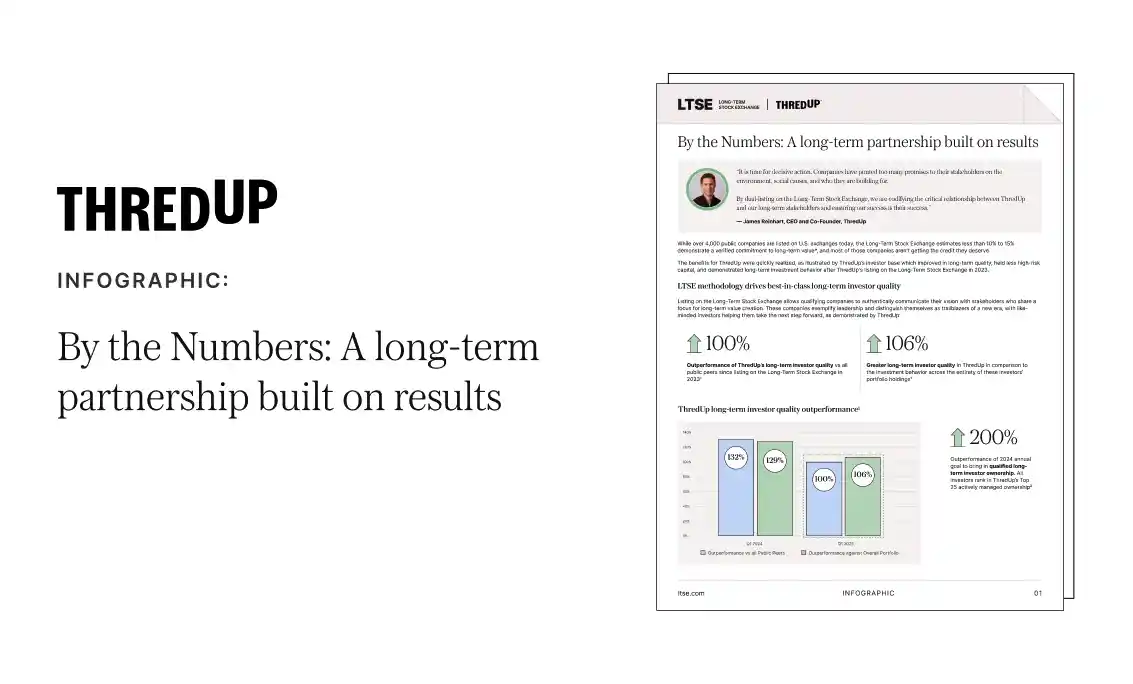



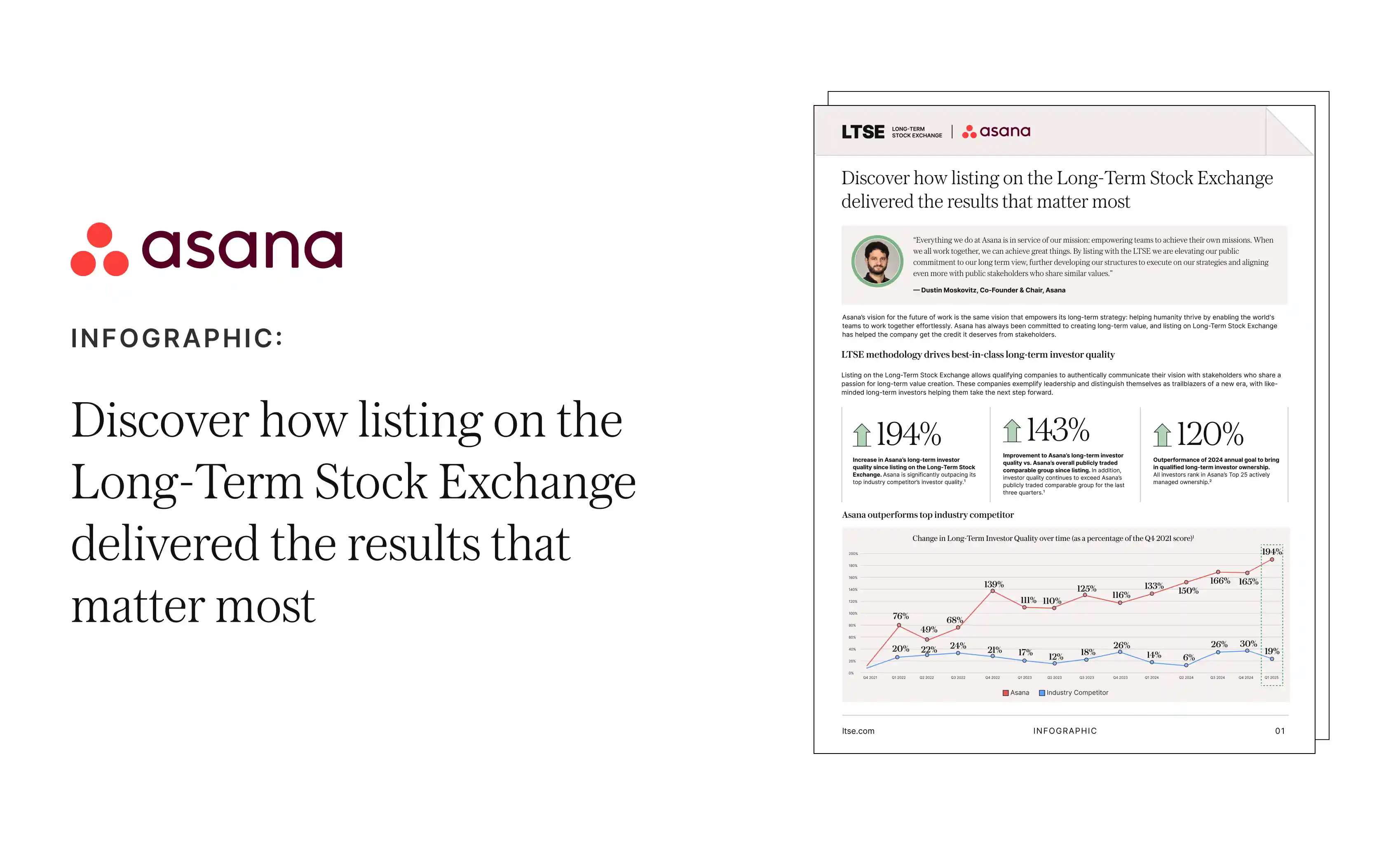
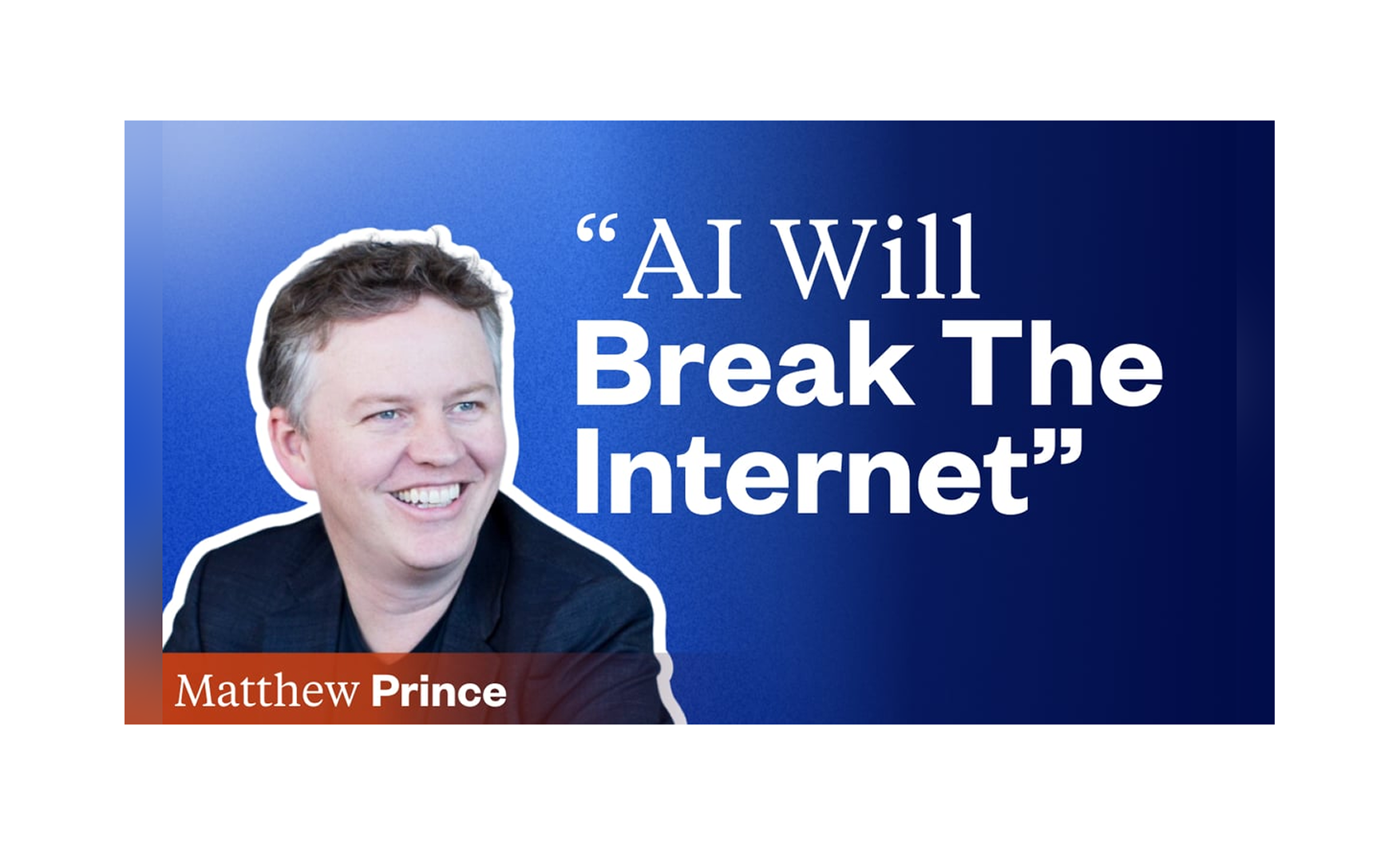
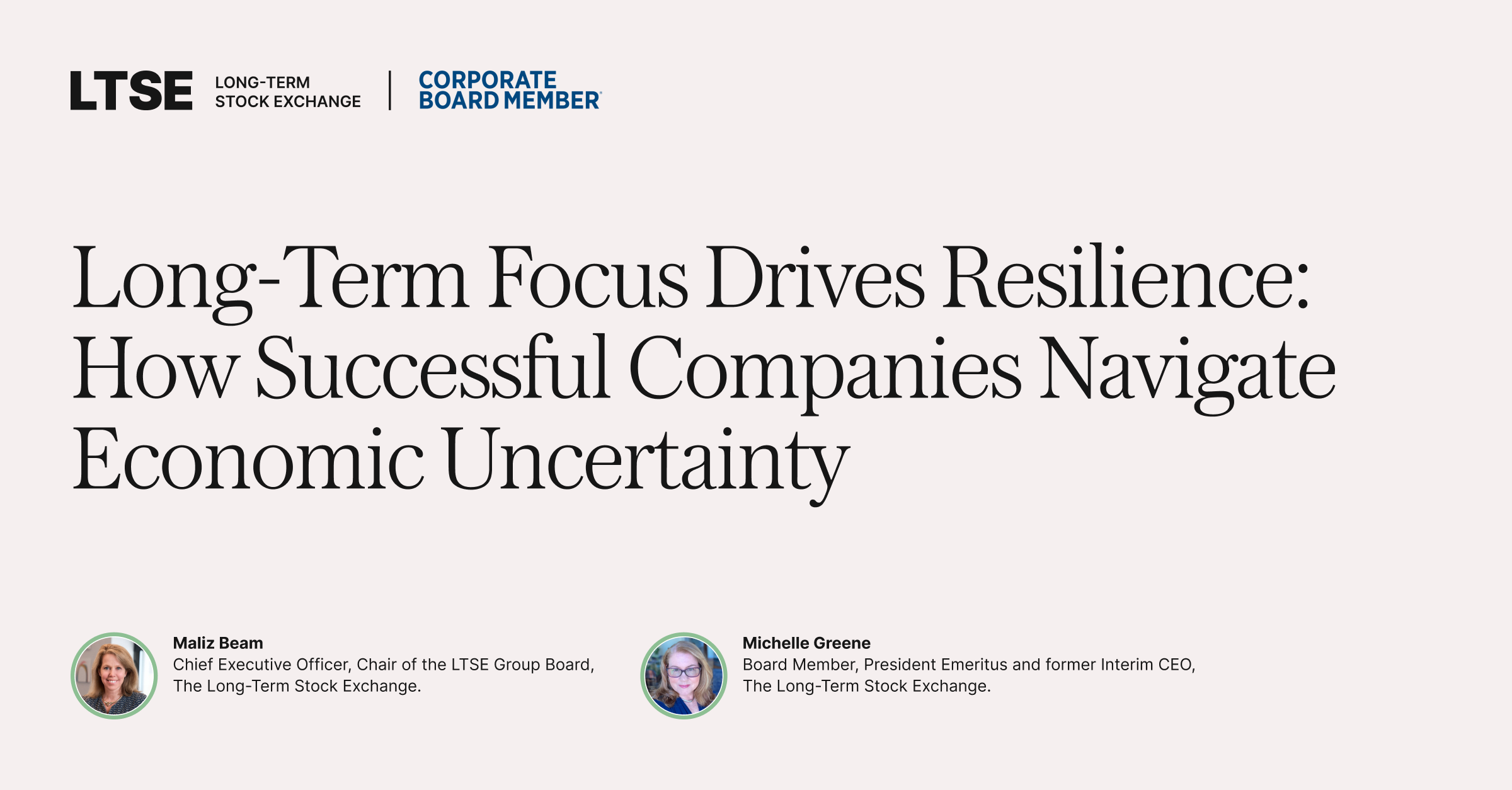

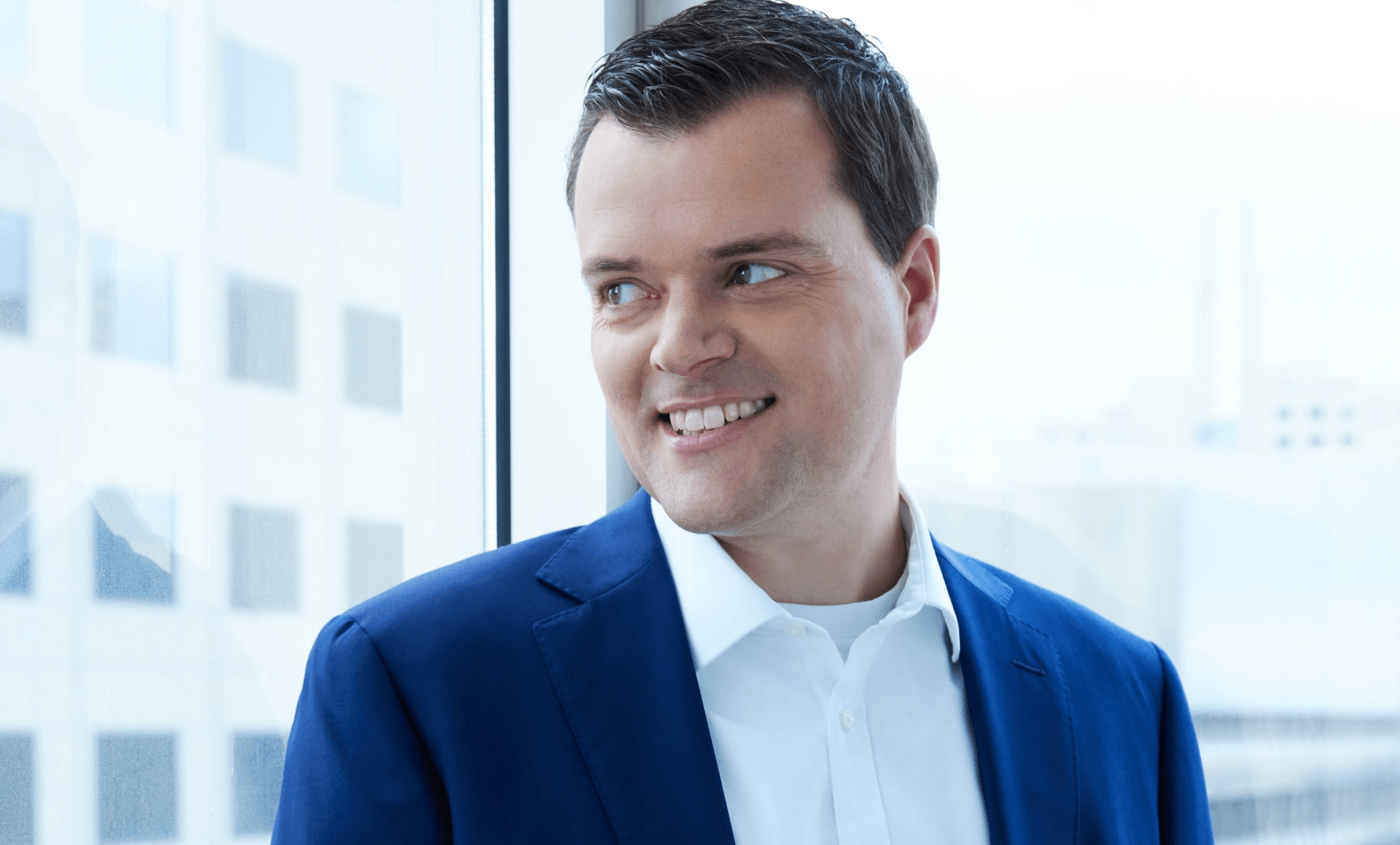

































.svg)







































.png)















































